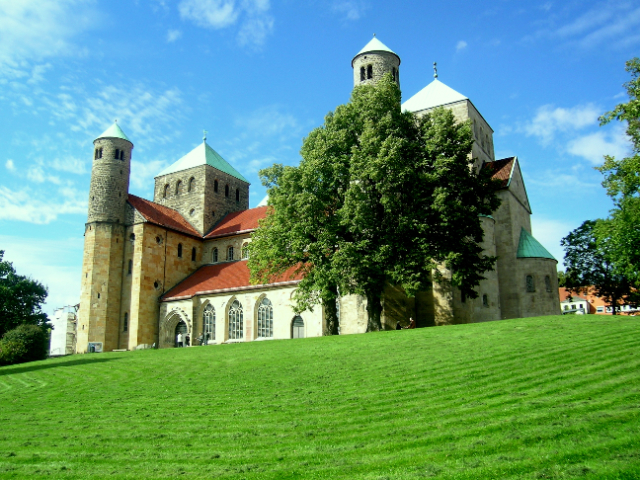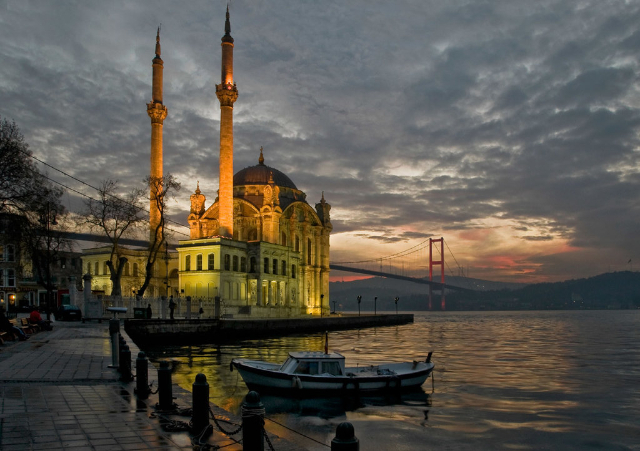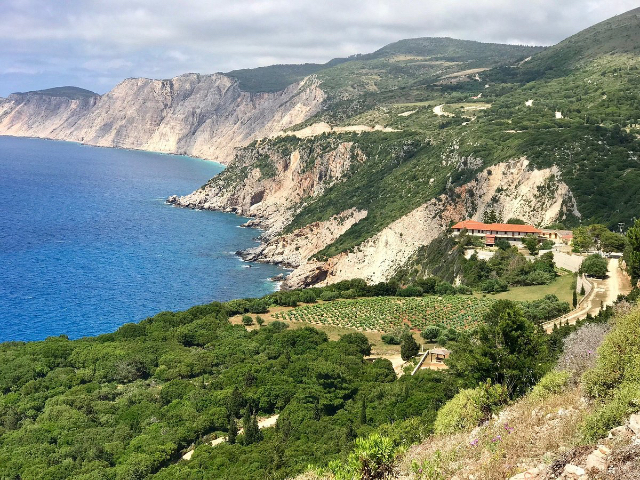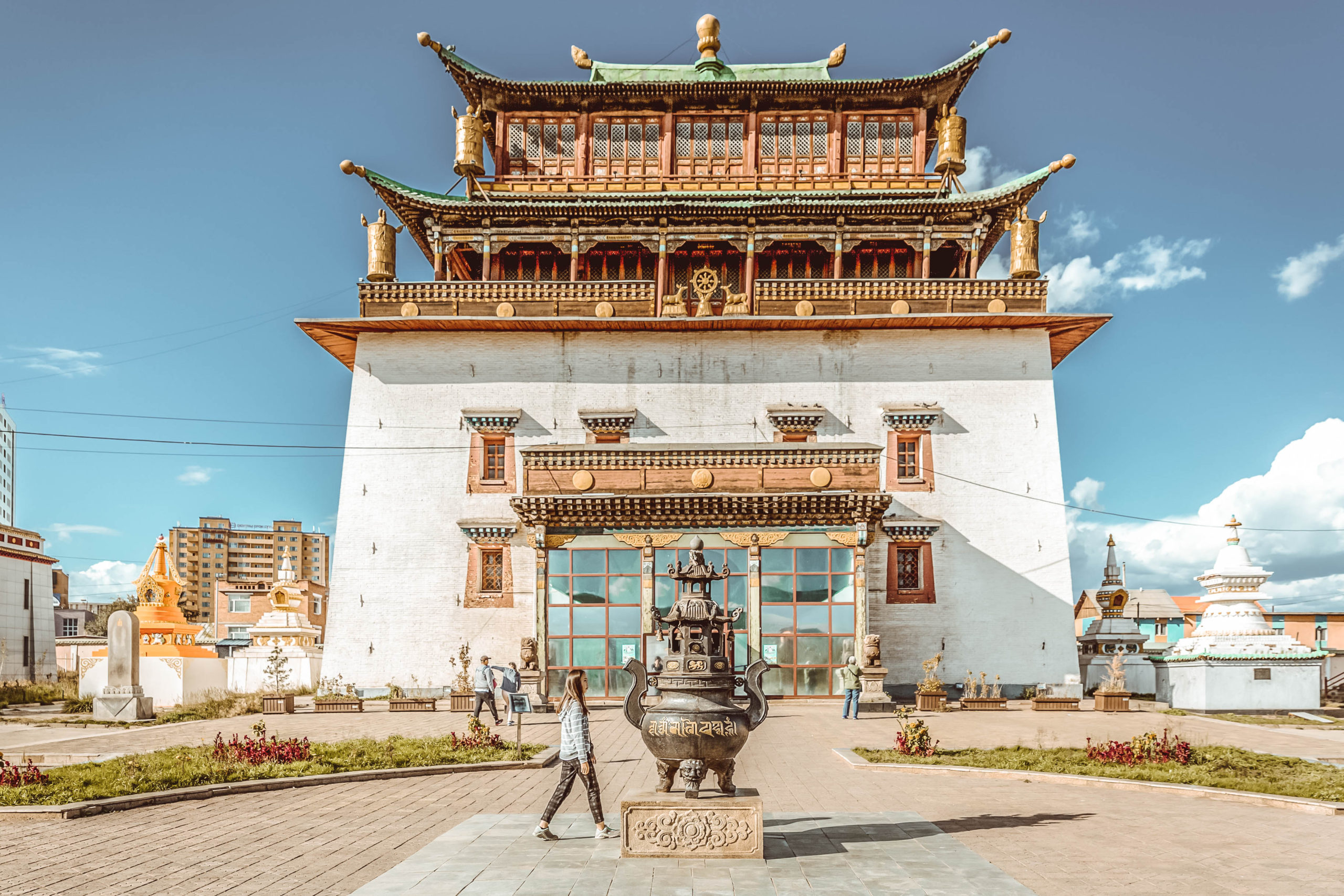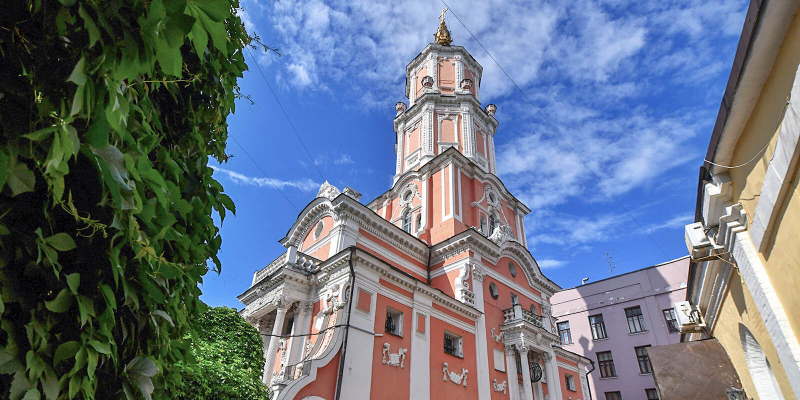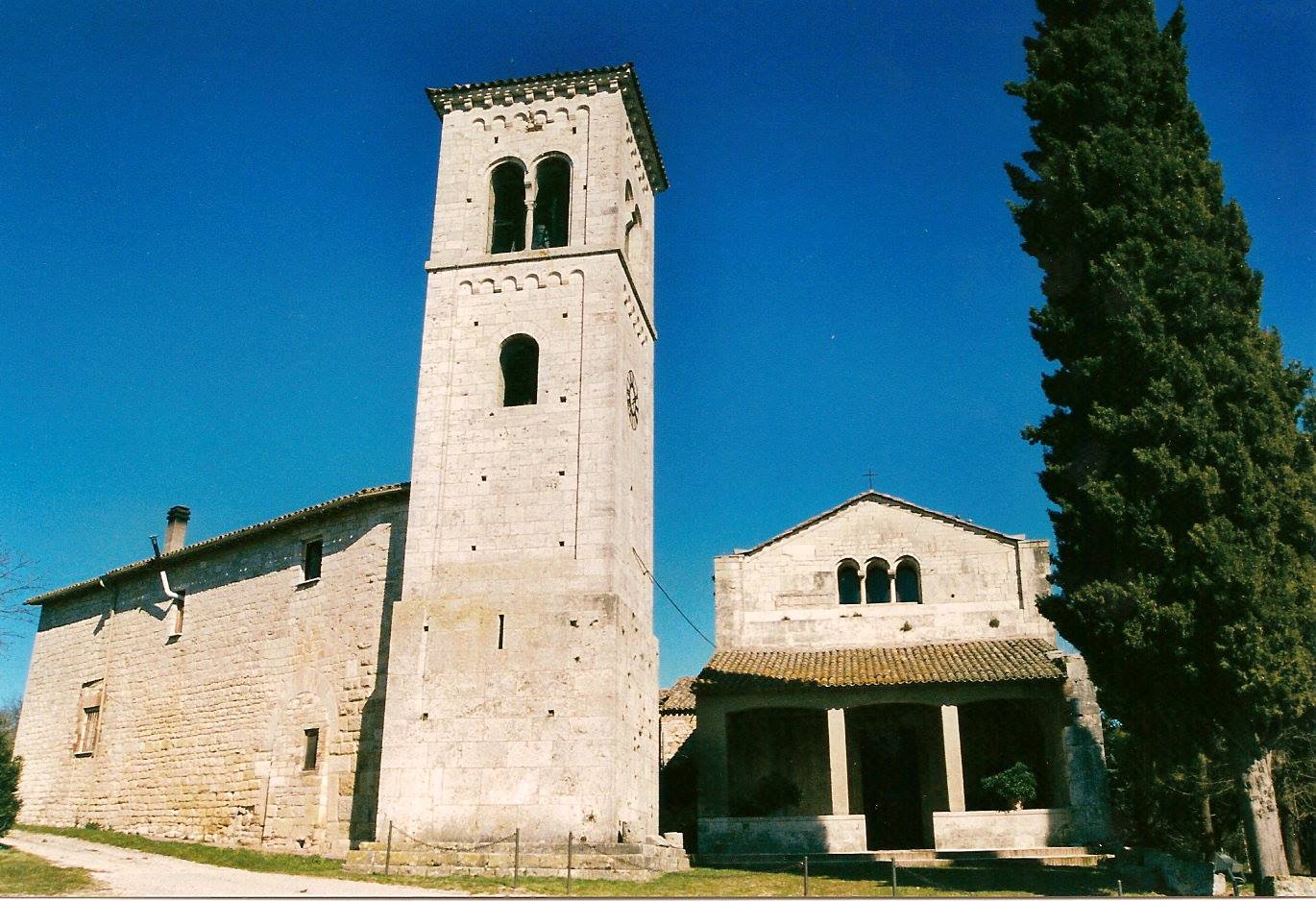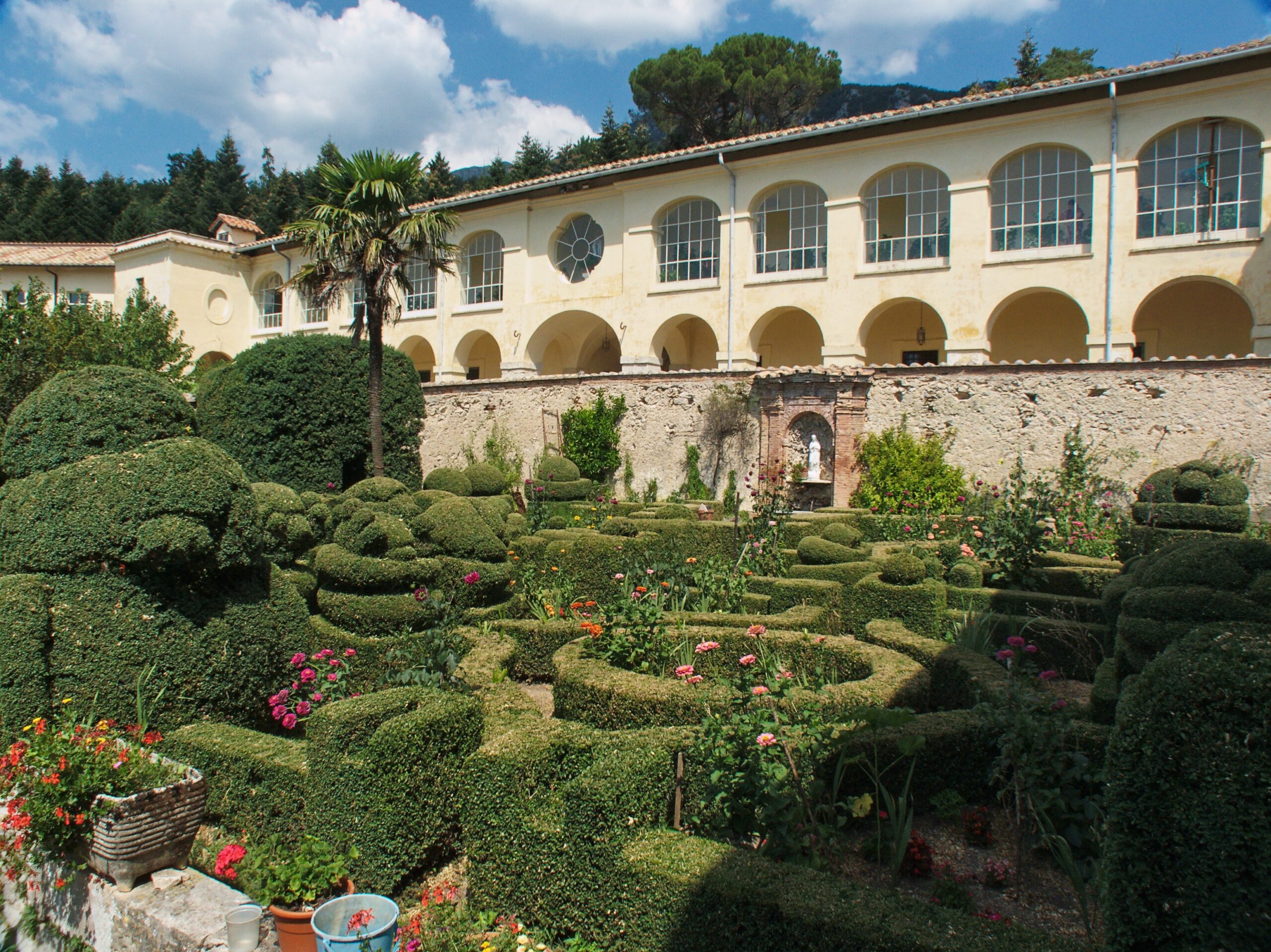The Church of St. Michael is an early-Romanesque church in Hildesheim, Germany. It has been on the UNESCO World Cultural Heritage list since 1985. It is now a Lutheran church. The builder of St. Michael’s Church in Hildesheim is no less than Bishop Bernward, tutor to Emperor Otto III, who was canonised in 1192. Bishop Bernward was presented with a splinter of the Holy Cross in gratitude for his services. This sumptuous relic of honour was built between 1010 and 1022, and represents a key piece of medieval architecture, which forms part of the UNESCO World Heritage Site together with Hildesheim Cathedral (Mariendom), built in 1046, and the Thousand-year Rose. The church is an important example of (early)-Romanesque architecture. The ground plan of the double-choir basilica has a strict symmetry and the alternating supports that of the most successful inventions define the front view of the central aisle are one of Ottonian and Romanesque architecture.
What is more, according to legend, a blind girl regained her sight at Bernward’s tomb in the crypt of St. Michael’s Church.
The architecture and fittings of St. Michael’s Church have been redesigned several times over the centuries. The show-piece of the church interior is the painted wooden ceiling, which shows the Tree of Jesse, depicting the genealogy of Christ. The flat ceiling, unique in Germany, created at the start of the 13th century, offers a fascinating impression of Romanesque monumental painting. The overall impression of the interior (today) is characterised in particular by the incidence of light that enters from all sides, especially from the windows in the east and west choir.
The church was completely destroyed by an air raid in 1945. The reconstruction of St. Michael’s Church based on the original Ottonian design was completed with the consecration of the church in 1960. Today, St. Michael’s Church is one of three shared churches in Lower Saxony and is used jointly by Protestant and Catholic Christians. Together with Hildesheim Cathedral, it has formed part of the UNESCO World Cultural Heritage Site since 1985.
